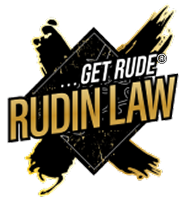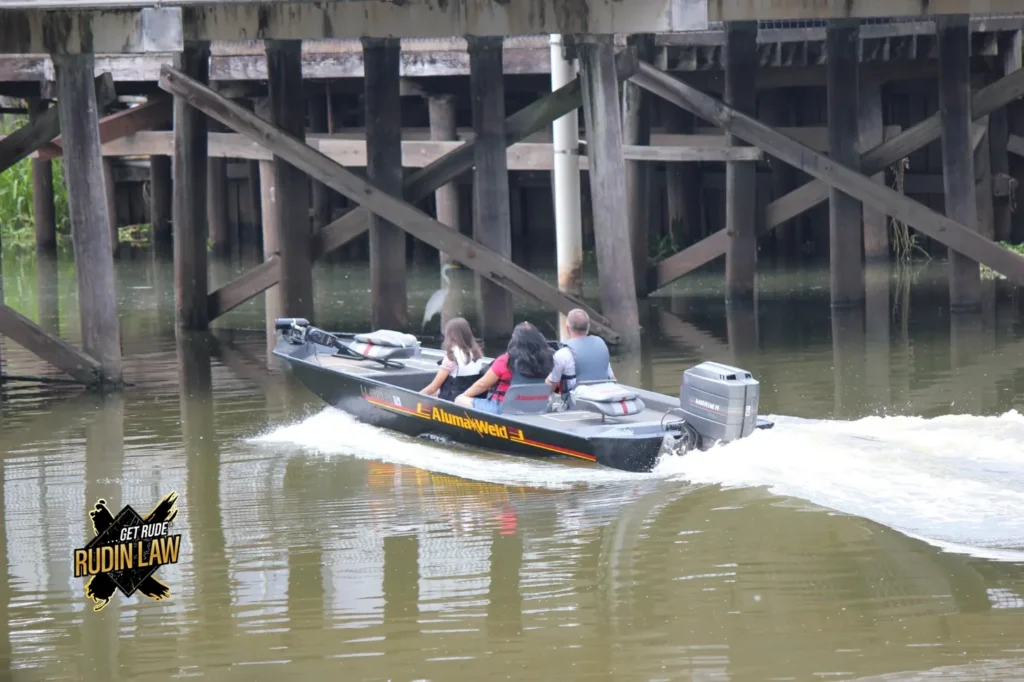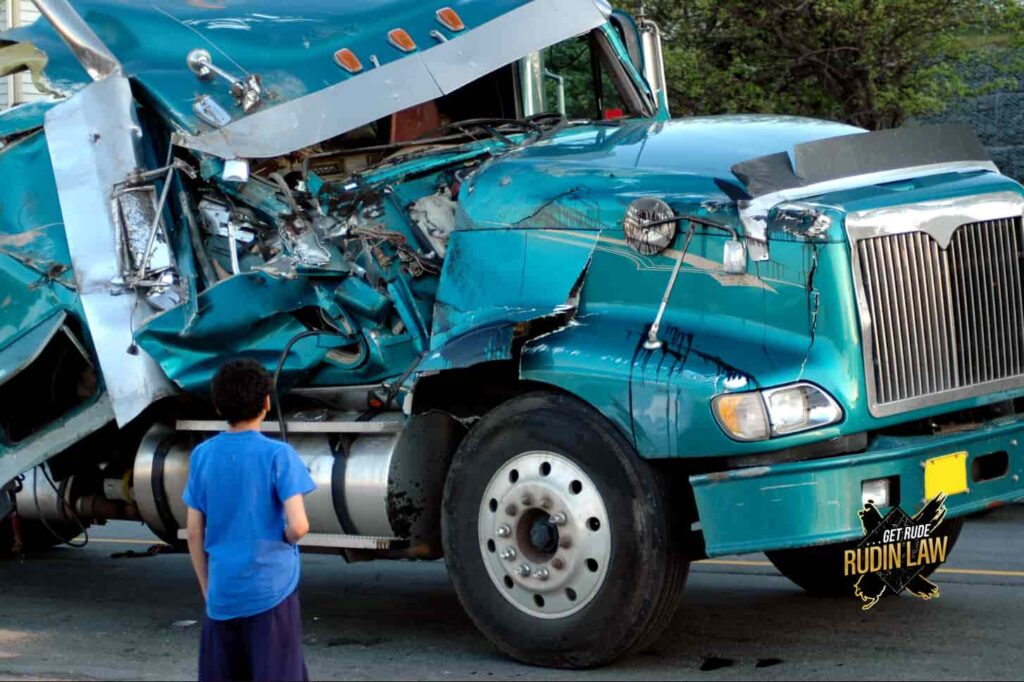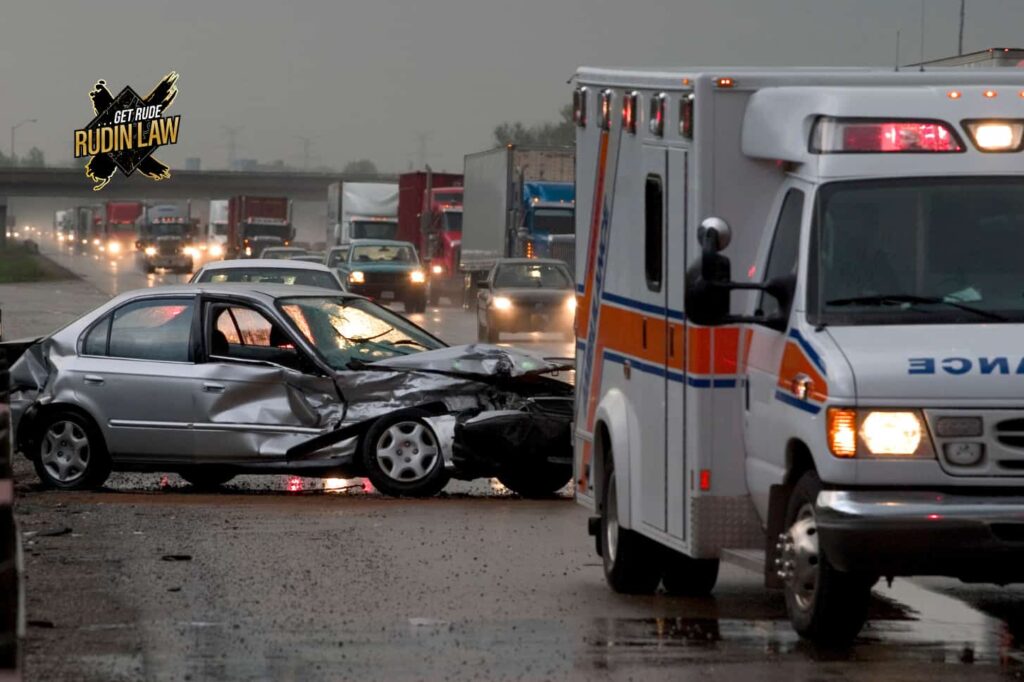Louisiana’s waterways are some of the most beautiful and most dangerous in the country. Whether you’re cruising Lake Pontchartrain, riding a personal watercraft on the Gulf Coast, or heading out on a fishing vessel, boating accidents can happen in seconds. One careless move, one distracted boat operator, or one poorly maintained vessel is all it takes to turn your day on the water into a disaster.
If you’ve been injured in a boating accident, you already know how fast things can fall apart. Medical bills, lost wages, and serious injuries don’t wait. And when the insurance company tries to protect their own, you need someone who knows how to hit back.
Whether you’re trying to stay ahead of a disaster or already picking up the pieces, knowing Louisiana boating regulations can give you an edge. Below are some of the regulations that come into play when the water turns violent, and what breaking them can mean for your case.
Get Hurt? Get Help. Time to stop being polite® and…GET RUDE® with RUDIN LAW.
Louisiana Boating Laws: What Every Operator Should Know Before Hitting the Water
When you take control of a boat or personal watercraft in Louisiana, you’re not just out for fun. You’re legally responsible for how that vessel operates. The state’s boating regulations aren’t suggestions. They exist to protect lives. And when someone breaks those rules, the consequences can be severe.
Below are some of the key regulations every boat operator should know.
- Boater education is required if you were born after January 1, 1984, and plan to operate anything with a motor over 10 horsepower. If you’re under 16, you’re not allowed to operate a personal watercraft. Rental companies are also prohibited from renting to underage riders.
- Right-of-way rules are non-negotiable. Stay to the right when approaching another vessel head-on. If you’re overtaking another boat, yield. And if you’re crossing paths, the boat on your right has the right-of-way. These rules exist to avoid collisions. Break them, and you’re not just risking injuries, you’re risking charges for careless operation.
- Alcohol and water don’t mix. Louisiana law treats boating while intoxicated the same way it treats driving drunk. That means you could face criminal charges, lose your driver’s license, and have your boating privileges suspended. You also can’t allow someone who’s impaired by alcohol, drugs, or a medical condition to take the helm.
- Jet skis and personal watercraft carry added restrictions. You can’t ride at night without proper lights. You can’t jump wakes when visibility is blocked. Swerving at the last second or harassing wildlife may get you more than a warning. These behaviors aren’t just reckless; they’re illegal.
- Control your vessel at all times. That means no overloading with passengers or cargo, no using oversized engines, and no letting people ride the edge of the boat unless proper guards are in place. If your wake causes damage or injury, you may be held liable.
- Environmental violations carry serious penalties. Dumping oily waste or garbage into Louisiana’s waterways is a federal offense. Some boats must also display pollution control placards and maintain written waste management plans, depending on their size and use.
For the full list of Louisiana’s boating regulations, visit the LDWF Boating Regulations page.
Following the rules is one thing. Holding the right people accountable after a crash, that’s where things get real. When a boating accident leaves injuries or wreckage behind, someone needs to answer for it.
Who Can Be Held Liable in a Boating Accident?
When a boating accident occurs, multiple parties could be responsible depending on how and where it happened. At RUDIN LAW, we don’t buy into the idea that these incidents are just “unfortunate accidents.” Someone usually failed to act responsibly, and that’s who we go after.
Potentially liable parties may include:
- Boat operators who were under the influence, distracted, or operating at excessive speed
- Boat owners or rental companies who failed to maintain the vessel or inspect safety gear
- Reckless passengers who interfered with the vessel’s safe operation
- Commercial vessel operators or maritime workers who violated maritime laws
- Manufacturers of defective propulsion machinery or other boating equipment
Whether the boat crash happened on Lake Pontchartrain, in a bayou, or off the Louisiana coast, identifying the responsible party is key to establishing your personal injury claim.
But knowing who caused it means knowing what caused it. Most boating accidents aren’t random. There’s usually a chain of mistakes, and we know how to spot them.
Common Causes of Boating Accidents in Louisiana
Many boating collisions and watercraft accidents share the same root causes:
- Operator inexperience
- Operator inattention
- Careless operation of personal watercraft like jet skis
- Failure to maintain a direct course or obey right-of-way rules when vessels pass head-on or overtake
- Dangerous weather conditions
- Oily waste or other environmental hazards in the water
In one moment, you’re enjoying the day, and the next moment you’re an injured party dealing with property damage, medical expenses, and trauma. And while you’re dealing with that, the insurance company is already looking for someone to blame, maybe even you. That’s when Louisiana’s fault laws come into play.
Boating Collisions and Comparative Fault in Louisiana
Louisiana is a fault accident state, which means the responsible party pays for the damages, but that doesn’t mean the insurance companies won’t try to blame you.
Under Louisiana’s comparative fault rules (La. Civ. Code § 2323), even if you’re partially at fault, you may still recover compensation. But your total award will be reduced by your percentage of fault.
If the insurance company argues that you’re 50 percent responsible, they cut your compensation in half. At RUDIN LAW, we don’t let that slide. We investigate the details like whether the boat had a proper lookout, if a life jacket was used, or if the other operator broke the rules. Those facts give us what we need to push back and demand full accountability.
What to Do After a Boating Accident in Louisiana
Whether the boat disappears after a hit-and-run or someone dies in a tragic accident, what you do next can shape your case.
Here’s what we recommend:
- Get medical attention immediately, even if your injuries don’t seem serious at first.
- Preserve evidence such as damaged vessels, safety gear, or torn clothing.
- Document the scene if possible, including weather conditions, other boats nearby, and witness contact info.
- Don’t speak to the insurance company until you know your rights.
- Contact a boat injury attorney who knows how to get loud when it counts.
Too many injured parties wait. By the time they act, the evidence is gone, stories have changed, and the water has erased the details. Don’t make that mistake. Don’t wait.
Damages You Can Pursue After a Boating Accident
Boating accidents often leave victims with more than just a damaged vessel. Broken bones, head injuries, spinal trauma, and even drowning are all too common. And the road to recovery doesn’t come cheap.
When you pursue a personal injury claim after a boating crash, you can seek compensation for medical bills, including future treatment needs. If the injuries interfere with your ability to work, that claim may also include lost wages and reduced earning capacity. Pain and suffering counts too, especially when the trauma sticks with you.
Property damage, including damage to your boat or personal gear, may also factor in. And in the worst-case scenarios involving a fatality, surviving family members can pursue a wrongful death claim.
Whether the responsible party is a careless boat operator or negligent owner, we push for a settlement that reflects the full weight of what you’ve been through.
Why You Need a New Orleans Accident Attorney Who’s Ready to GET RUDE®
When insurance companies think you don’t know how pure comparative negligence works, they’ll try to take advantage of you. At RUDIN LAW, we follow the R-U-D-E Method. We don’t let insurance companies call the shots. We’re here to make sure they know you mean business.
RESEARCH: Let’s get started with a chat! We’ll walk you through a consultation, pinpointing potential problems and asking for any necessary documents.
UNDERSTAND: By the end, we’ll have a clear understanding of your legal concerns and be able to offer valuable insights and solutions to move forward.
DEVELOP: We’ll develop a customized legal strategy tailored to your specific situation, addressing your concerns and goals.
EXECUTE: We’ll implement the legal strategy, providing expert guidance and advocacy to achieve the desired outcome.
Boating Injury? Stop Being Polite®. Start Fighting Back
You didn’t ask for a boat crash to change your life. But now that it has, you need legal support that hits harder than the insurance company. At RUDIN LAW, we don’t wait around for adjusters to play nice. We investigate. We confront. We demand accountability.
If you or someone you love has suffered severe injuries in a Louisiana boating accident, don’t settle for silence. Whether your case involves personal watercraft, reckless passengers, or a tragic collision on Lake Pontchartrain, we’re ready to act.
You have legal rights. Use them. Talk to boat accident lawyers who understand Louisiana law and won’t let your case get pushed aside. Call RUDIN LAW today at (504) 500-5504(504) 500-5504 for your FREE case review today. Prefer online? Fill out our confidential form to get the ball rolling.
We fight for boating accident victims across Louisiana and Texas. Other firms might back down. We don’t.
Get Hurt? Get Help. Time to stop being polite® and…GET RUDE® with RUDIN LAW.
Copyright © 2025. RUDIN LAW. All rights reserved.
The information in this blog post (“post”) is provided for general informational purposes only and may not reflect the current law in your jurisdiction. No information in this post should be construed as legal advice from the individual author or the law firm, nor is it intended to be a substitute for legal counsel on any subject matter. No reader of this post should act or refrain from acting based on any information included in or accessible through this post without seeking the appropriate legal or other professional advice on the particular facts and circumstances at issue from a lawyer licensed in the recipient’s state, country, or other appropriate licensing jurisdiction.
RUDIN LAW
5500 Prytania St. #404
New Orleans, LA 70115
(504) 500-5504(504) 500-5504
https://www.GetRude.com/




